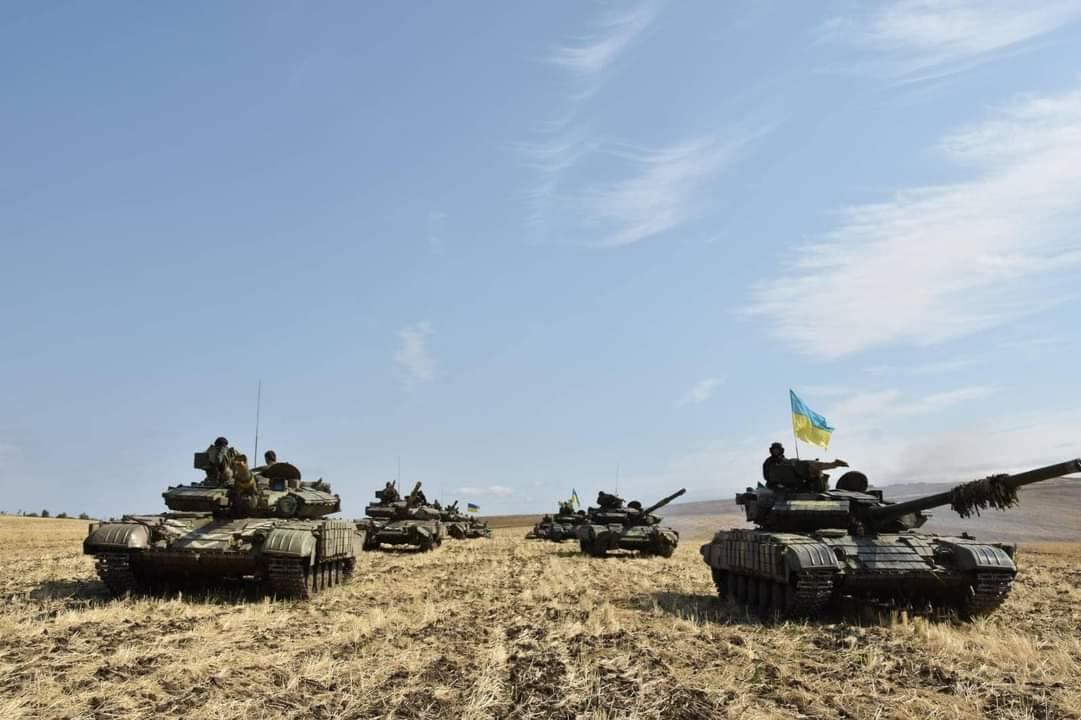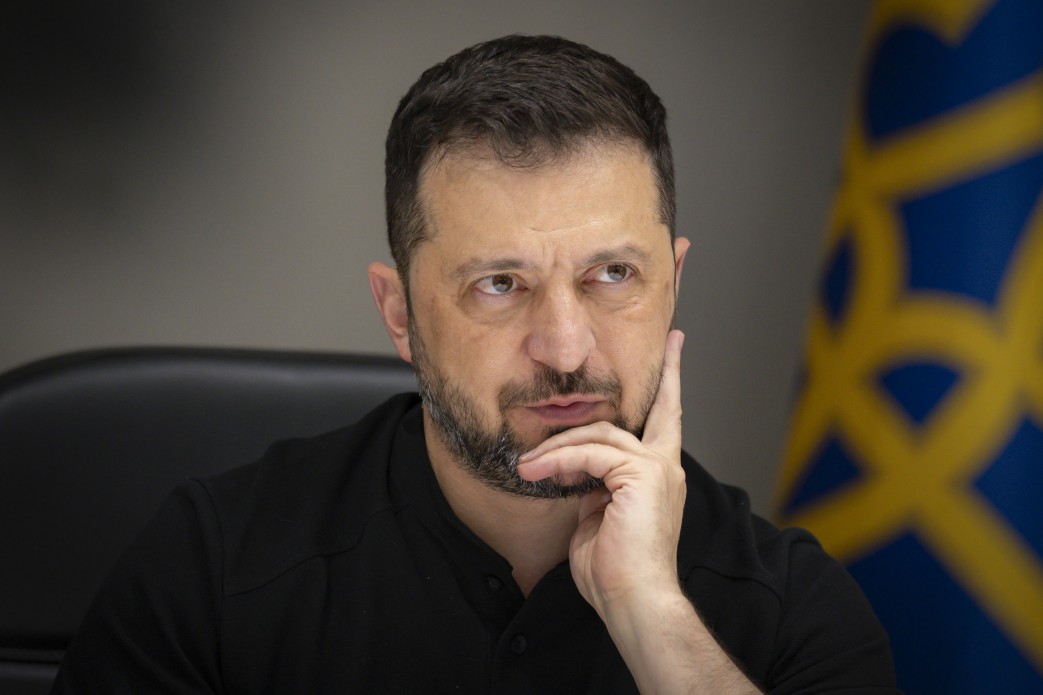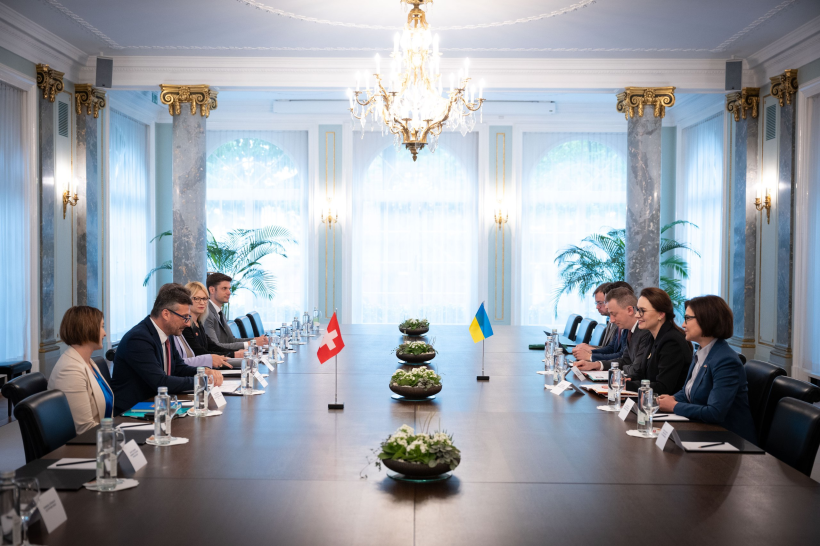The Kremlin continues to set informational conditions for possible hybrid provocations against the Baltic states and Georgia.
The Russian Foreign Ministry summoned the Latvian, Lithuanian, and Estonian charges d’affaires to Moscow on February 6 due to an alleged “lack of a proper response” to repeated Russian requests for Baltic authorities to “provide security” to Russian nationals voting in the upcoming March 2024 Russian presidential election from abroad in Baltic capitals.
Russian Foreign Ministry Spokesperson Maria Zakharova emphasized that any disruptions at Russian polling stations in Baltic nations will cause “serious protest among Russians“ living in Baltic countries because such disruptions would violate the constitutional rights of Russian nationals to vote in Russian elections. Russian Foreign Minister Sergei Lavrov similarly claimed on February 5 that Western governments have launched “Russophobic” influence campaigns aimed at Russian embassies, consulates, and similar assets abroad and warned that Western provocations abroad increase when polling stations open for Russians to vote in foreign countries.
Lavrov’s and Zakharova’s statements are likely aimed at setting informational conditions to frame essentially any action on the part of foreign authorities, including Baltic states, regarding the Russian presidential election as a direct attack on Russian nationals living in Baltic states. The Kremlin frequently invokes the concept of “compatriots abroad” to claim special privileges for Russian nationals living outside of Russia and to set informational conditions for provocations in the countries where Russian “compatriots” live.
The weaponization of the Russian presidential election will allow the Kremlin to stage informational provocations against Baltic governments, which fits into the Kremlin’s wider hybrid influence playbook. Georgian President Salome Zourabichvili also stated on February 6 that Russia has launched a “new hybrid war against Georgia, for which it is using all forms and weapons,” referencing Russian naval basing projects in the port of Ochamchire, Russian-occupied Abkhazia, and other provocations in the Georgian territories that Russia has occupied since 2008.
Hybrid influence campaigns such as information operations surrounding Russian elections in the Baltics and provocations in occupied regions of Georgia destabilize Russia’s neighbors.





















